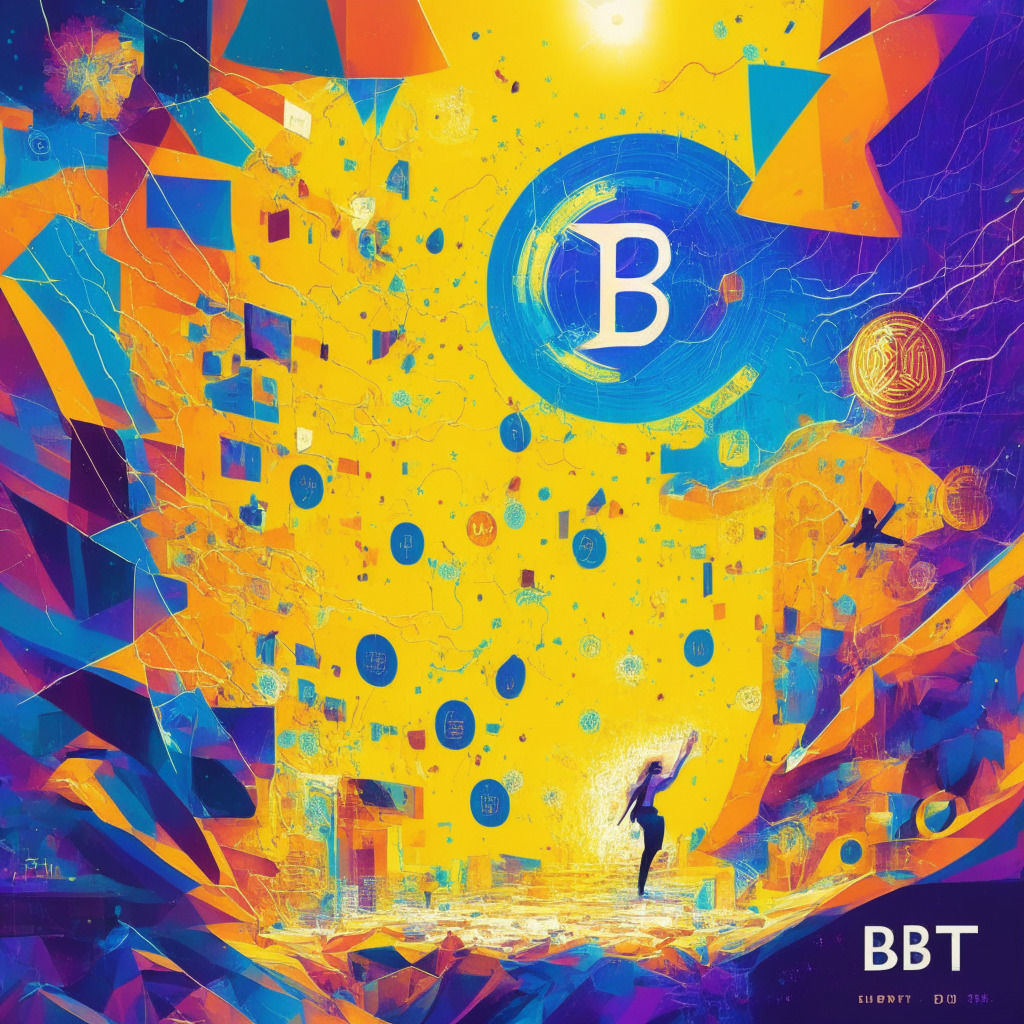As the European Union advances with its Markets in Crypto Assets (MiCA) policy package, experts have raised concerns about potential gaps in crypto regulation, particularly in token classification, staking, and NFTs. In a study commissioned by the European Parliament, four law and finance professors from international universities have taken note of the inadequacy in addressing the subtleties between DeFi protocols and their varying degrees of decentralization.
The report states that partial decentralization presents additional challenges in regard to defining regulated activities, risk management, and ensuring business continuity during insolvency or a general market crisis. Furthermore, the study suggests that the EU should consider the US‘s Howey Test when classifying tokens, particularly with regard to staking and lending protocols. The recent settlement between BlockFi and a US regulator over its Earn product highlights the need for clarity on granting interest and investors’ reasonable expectation of profit.
While industry members and lawmakers admit that there are areas where MiCA falls short, many believe that the policy is a step forward for Europe. Lee Scheider, general counsel at Ava Labs, expressed approval for the direction MiCA is taking, despite disagreement on certain points. He emphasized the importance of understanding the nature of the asset in question.
In late April, the EU Parliament voted 517 in favor and 38 against passing MiCA, a decision that reflects the general optimism for the policy, albeit with room for improvement.
With the rapidly evolving landscape of blockchain technology and its applications, it is vital that regulation keeps pace to ensure both growth and security for investors and users alike. As the European Union and other jurisdictions continue to develop their respective regulatory frameworks for crypto assets, it is crucial that they address the complexities and nuances in the sector to create a stable and sustainable market environment.
Source: Blockworks




